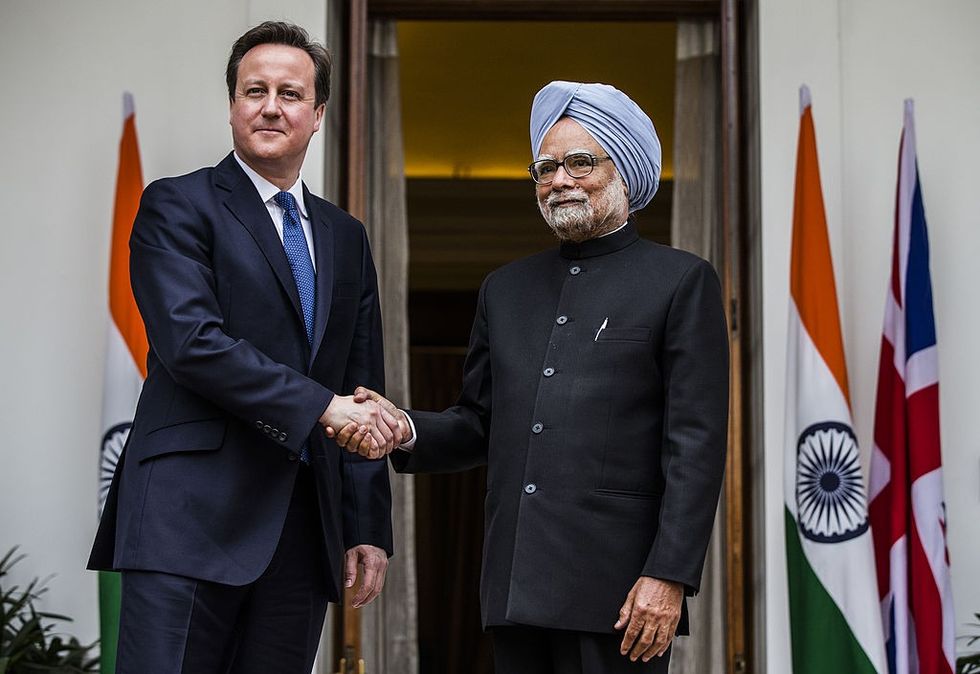Britain's economy rebounded in May, official data showed Wednesday, dampening fears of a slowdown despite surging inflation and rising interest rates.
Gross domestic product expanded 0.5 per cent, the Office for National Statistics said in a statement, beating expectations of zero growth.
"The economy rebounded in May with growth across all main sectors," said Darren Morgan, ONS director for economic statistics.
The broad rebound was driven by a bounceback in construction, manufacturing and services.
That followed a 0.2-per cent decline in April, which was revised up from a 0.3-per cent contraction.
"Health was the biggest driver, with many more people seeing GPs, despite test and trace and the vaccination programmes winding down," added Morgan.
"Road hauliers also had a busy month while travel agencies fared well with pent-up demand for summer holidays.
"There was widespread growth across manufacturing after several tough months while construction also fared well with housebuilding and office refurbishment driving growth."
The Bank of England has hiked interest rates five times since December in a bid to tame runaway inflation, which has sparked a cost-of-living crisis in Britain.
UK inflation spiked in May to a 40-year peak of 9.1 per cent, a level set to hit double figures this year on soaring energy and food prices according to the BoE.
The UK government meanwhile welcomed Wednesday's upbeat data.
"It's always great to see the economy growing but I'm not complacent," said finance minister Nadhim Zahawi.
"I know people are concerned so we are continuing to support families and economic growth."
Zahawi is among eight Conservative MPs vying to become Britain's next prime minister following last week's resignation of scandal-hit Boris Johnson as Conservative Party leader.
Capital Economics analyst Paul Dales said the economy was "resilient" but warned over the ongoing risk of recession due to rampant price rises.
Poisoned chalice?
"It is far too soon to conclude that the economy will be able to get through this period of unusually high inflation largely unscathed," Dales said.
"With real household disposable incomes set to fall further in the third quarter, a recession is still a real risk.
"That may mean the economy proves to be a poisoned chalice for whoever wins the race to be the next Prime Minister."
Many economists fear the economy could also stumble in June due to the long bank holiday weekend that marked Queen Elizabeth II's Platinum Jubilee.
Wednesday's data could encourage the BoE to implement a half-point rate hike at its next meeting in August, Dales added.
The central bank in June lifted the cost of borrowing by a quarter-point to 1.25 per cent, the highest level since the global financial crisis in 2009.
Britons, like others in many countries, are grappling with soaring consumer prices fuelled partly by fallout from Russia's war on Ukraine, which has destabilised energy markets.
(AFP)



















 Former US president Barack Obama (L) with Manmohan Singh (Photo by Daniel Berehulak/Getty Images)
Former US president Barack Obama (L) with Manmohan Singh (Photo by Daniel Berehulak/Getty Images) David Cameron shakes hands with Manmohan Singh
David Cameron shakes hands with Manmohan Singh
Ten million stories of migration to Britain